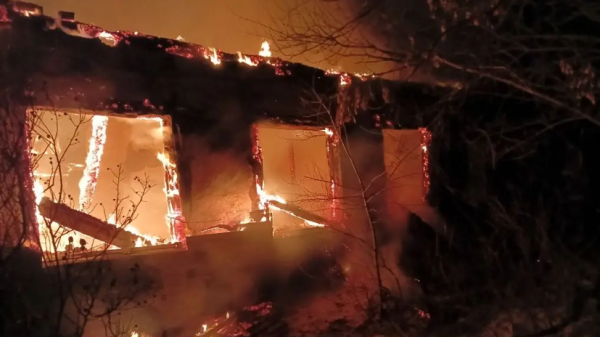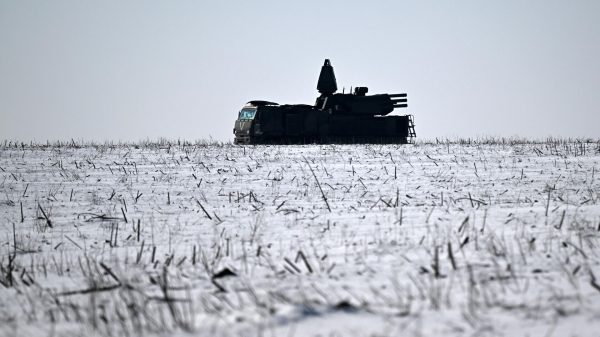 Mark Harper says 'our opposition to Ulez Sadiq Khan's expansion remains the same'; Photo: Paul Grover
Mark Harper says 'our opposition to Ulez Sadiq Khan's expansion remains the same'; Photo: Paul Grover
Mark Harper says Sadiq Khan's mayoral victory will not stop him from tackling low-traffic areas (LTN) and the «war on motorists».
London mayor has been accused of pursuing a series of policies unpopular with drivers, such as the expansion of the ultra-low emission zone (Ulez).
It was recently revealed that drivers in London could face paying per mile by the end of the decade to implement Mr. on Khan to achieve net zero.
In a white paper, the Mayor of London said his ambitious decarbonisation plans are “only possible” by charging drivers. Mr Khan reaffirmed his commitment to the plans, first published two years ago, last month.
Transport Secretary Mr Harper told The Telegraph that Mr Khan's re-election would not stop him from «continuing to protect» drivers.
«Our opposition to Sadiq Khan's Ulez expansion remains the same, his own impact assessment found it would have a 'negligible' impact on air quality, so clearly it was simply an unfair tax on the poorest motorists,» said he.
“The network of cameras needed for its Ulez expansion lays the groundwork for the Labor mayor's plans for a pay-per-mile road charge, another tax for those for whom driving is a lifeline — from a nurse, care worker or police officer traveling to London for a night shift , small business owner or trader who needs a van to get from point A to point B.»
 On the streets of London Opposition to LTN emerged. Photo: Jamie Lorriman
On the streets of London Opposition to LTN emerged. Photo: Jamie Lorriman
Mr Harper added that the government was «sticking to our plan». ” to support those for whom “driving is part of everyday life.”
Last year, the Department of Transport announced that LTNs could no longer be created with public money. Ministers have also withdrawn funding from all projects related to the creation of car-free zones.
Mr Harper said the new set of legislative guidance would make it clear that LTNs should only be provided with advice where it has been given. «due consideration» from the people they affect.
If LTNs are implemented without due consideration of residents' views, the Department of Transport may cut their funding.
The current wave of LTNs has begun to be introduced into quarantine time. Municipalities across the country have taken advantage of empty streets and began blocking roads with bollards and large flower boxes, arguing that the closures will help improve air quality and road safety.
These schemes met with significant opposition. which have caused huge traffic congestion in some areas.
'Causing huge problems'
Earlier this year, Mr Khan admitted London's controversial LTN scheme was «causing huge problems» after buses were caught in hours and hours. long traffic jams.
The scheme in Streatham Wells was implemented last year as part of an 18-month trial which Labour's Lambeth council said was designed to improve air quality.
Meanwhile, paramedics were reporting LTNs and pop-ups. cycle lanes due to life-saving emergency calls being delayed every other day in London.
In just eight months to February this year, ambulance workers recorded 159 incidents where their journey to the emergency service was interrupted by — for the introduced road closures. as part of the «green transport revolution».
Every 1.5 days — or twice every three days — a paramedic submitted a report to the capital about the system, which signals that the service is compromised.
Mr Harper said Londoners were at the «cutting edge» of schemes such as Ulez, which end up «punishing those who drive».
«Drivers should not be seen as cash cows cows.» ', so as part of our plan we have announced a call for evidence to assess how we can limit the ability of councils to profit from the overuse of traffic enforcement powers,” he added.























































Свежие комментарии